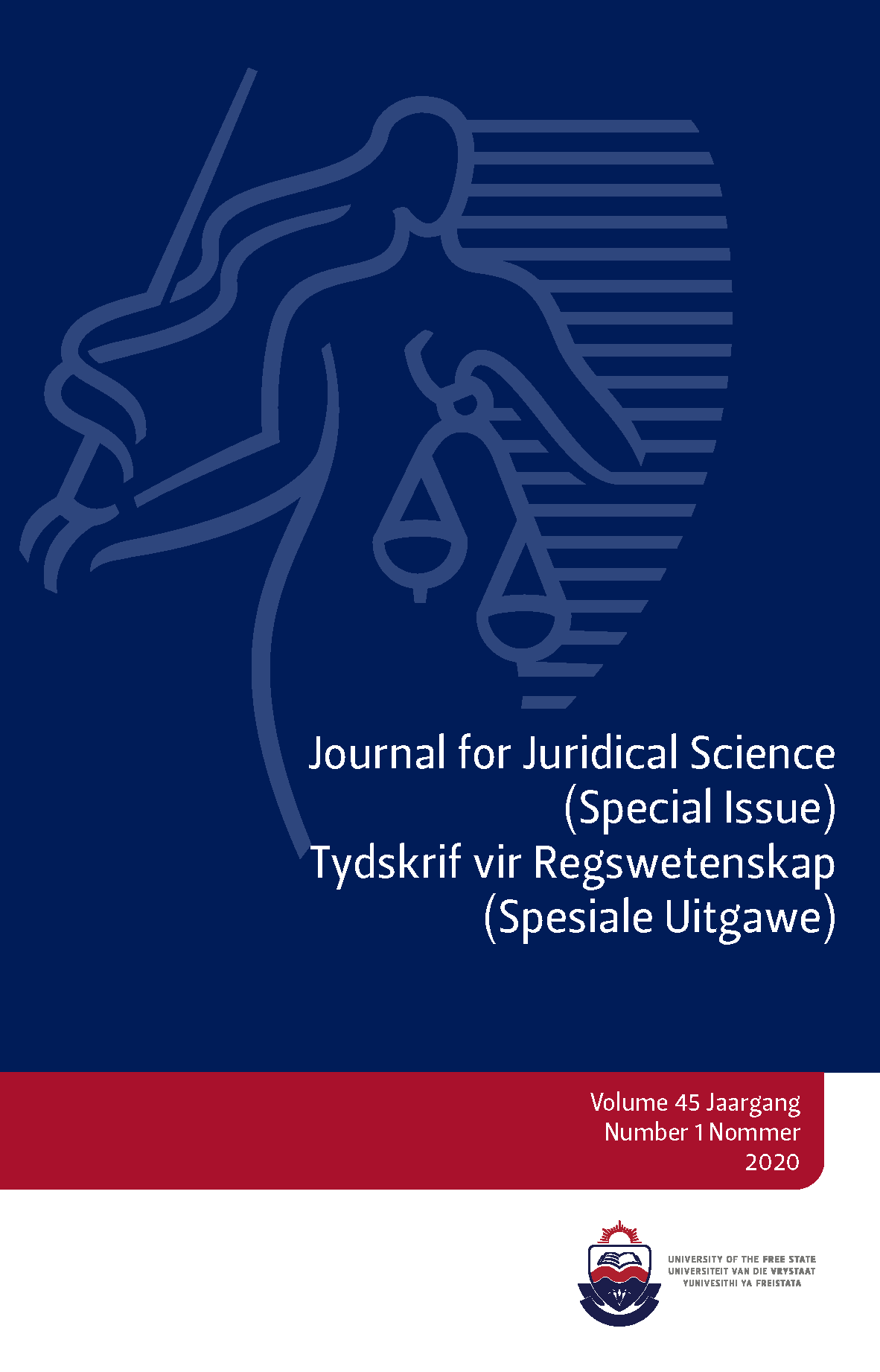Women's access to water for sustainable development in Nigeria: Drawing lessons from South Africa's water-renewable techniques
DOI:
https://doi.org/10.18820/24150517/JJS45.i1.5Abstract
Water is an indispensable natural resource, which, apart from its importance in the industrial sector, is mostly used by women at the domestic level everywhere, particularly in Africa. While industrialisation has made quality potable water accessible to women in cities and urban areas, this is unfortunately not the case in rural areas and thus poses a major challenge to the realisation of the United Nations (UN) Sustainable Development Goals in Nigeria. In cities and urban areas, people have managed to establish reliable water sources through boreholes, for example, while rural dwellers are still dependent on government intervention, philanthropies and non-governmental organisations to be able to have access to water of adequate quality. Considering the geographic location of South Africa, its peculiar water problem could be expected to be worse than in Nigeria. On the contrary, the South African government’s involvement in water-renewable techniques and other strategies in making quality water available to all its citizens differs from the situation in Nigeria. This article illustrates that the right to water as a natural resource, to which citizens are entitled as a component of the right to development, is anchored in law. To ensure the realisation of this right, we draw inspiration from academic and industrial approaches and water-renewable techniques for development, improvement, and implementation in South Africa to suggest ways for Nigeria to improve on its water strategy.











